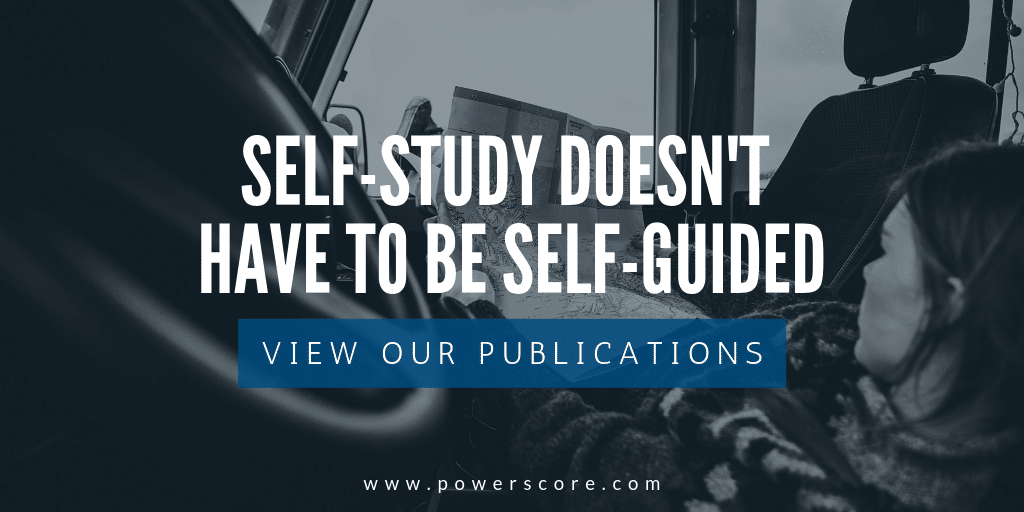Repeat after me. There’s no quick and easy shortcut. As you begin each Verbal section, you will see approximately ten Reading Comprehension passages. One or two of which will be longer than a single paragraph. These long passages can be both overwhelming and time-consuming. So, let’s take a moment to consider the proper approach for tackling multi-paragraph RC sections.
Strategic Approach
First, be sure to read each passage at your normal reading speed. Reading too slowly will prevent you from having adequate time to answer all the questions. If you read too quickly, you can miss a lot of information the passage presents. This will then force you to reread portions of the passage—something that also prevents you from answering every question. Do not skim the paragraphs. Skimming will not effectively prepare you to answer all the questions.
Remember that your primary goal while reading is to find the main point of the passage. Most passages state the main point in the first paragraph, though it’s unlikely to see them in the first or second sentence. The main point of many passages appears in the final sentence of the first paragraph or the first sentence of the second paragraph. On average, about 30% of the questions deal directly with the main idea.
Identify the Structure
As you read, identify the underlying logical structure of the passage. This helps you quickly find information once you begin to answer the questions. For example, many passages open by stating the background of a thesis and challenges it later. In the following paragraphs, the author will present an alternative viewpoint to the thesis and perhaps specific counterexamples which provide support for the alternative view. Awareness of this general structure allows you to reduce the time spent searching for information when referring to the passage. Keep in mind that it is neither possible nor necessary for you to know every detail of a passage. Generally, you should return to the passage to confirm what you remember from your first reading of the passage.
Reflect & Review
Once you finish reading the passage, take a moment to focus on the main point and supporting arguments. Many students get caught up in absorbing the information that they fail to take time to mentally organize that information. If you’re having difficulty remembering the main point of the passage, take a brief pause! Use this time to write down the main point in a short, simple sentence. Refrain from making a significant number of notes about the passage. This wastes entirely too much time. Instead, limit what you write—if anything. Note where the author makes a major point or changes the course of their argument. Pay attention to the language the author uses in the passage. The following word lists can help you identify the direction the author is taking with their argument.

Stay Positive
Your state of mind when approaching these sections is extremely important, as well. Make sure that you take a positive, energetic attitude. Many long passages discuss conflicts between different viewpoints, and this can make the content inherently more interesting. Getting involved in the argument will make the passage more enjoyable for you and will also allow you to focus more clearly on the material. This carries through to the rest of the GRE, as well. A positive attitude does wonders for your confidence and test performance.



Leave a Reply
You must be logged in to post a comment.